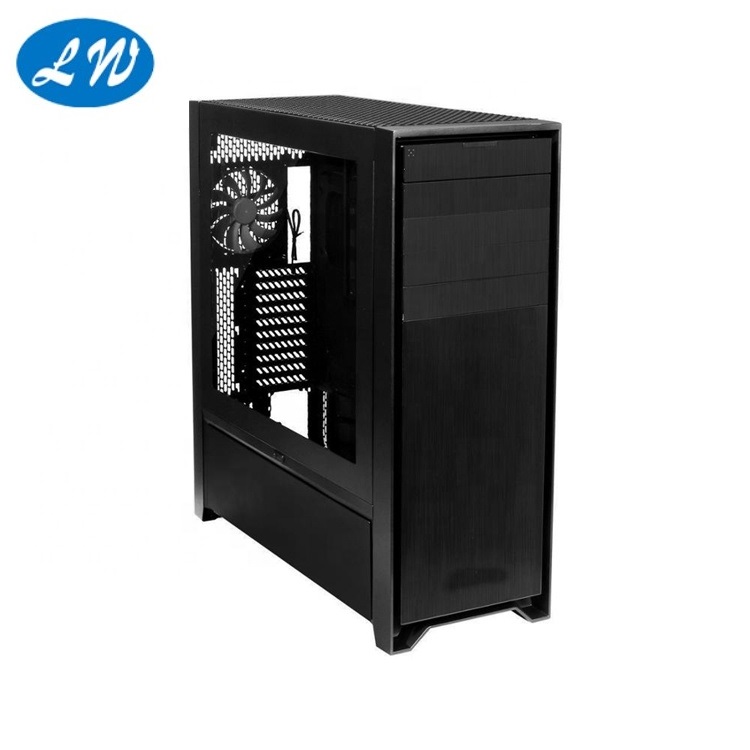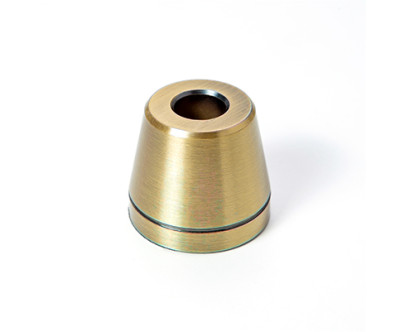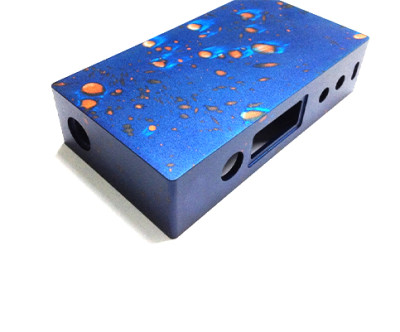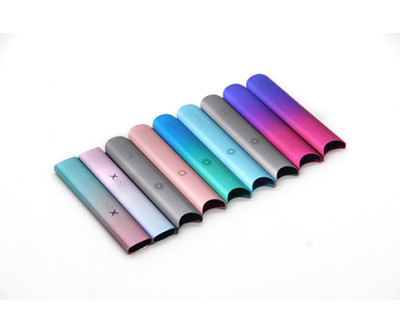How to Select the Right Sheet Metal Enclosure for Your Industrial Project
When sourcing enclosures for industrial equipment, selecting the right sheet metal enclosure is essential to ensure protection, performance, and long-term durability. Whether you're building an automation system, a compact server, or an industrial controller, the enclosure must meet both environmental and functional demands.
1. Define the Application Requirements
Start by defining where and how the enclosure will be used. Factors like exposure to moisture, temperature variations, vibration, or EMI shielding will help determine the appropriate design and materials. For compact electronics and computing solutions, you may consider a sheet metal enclosure specifically designed for mini computer housing.
2. Choose the Right Material
Common materials for industrial enclosures include:
Steel: Offers high strength and cost-effectiveness, ideal for general industrial environments.
Stainless Steel: Corrosion-resistant and suitable for outdoor or hygienic applications.
Aluminum: Lightweight, corrosion-resistant, and suitable for electronic devices with heat dissipation needs.
3. Consider Precision and Tolerance
High-precision fabrication is crucial for ensuring that enclosures fit electronic components properly and allow for secure mounting. Ensure your supplier has CNC machining and sheet metal bending capabilities with tight tolerance control.
4. Evaluate Thermal Management Needs
If your equipment generates heat, consider designs that include ventilation holes, heat sinks, or are compatible with cooling fans. Aluminum enclosures are especially efficient in dissipating heat.
5. Surface Finish and Protection
A suitable finish enhances both appearance and durability. Options include powder coating, anodizing, and painting. Each serves different protective and aesthetic functions, especially for custom branding or color requirements.
6. Compliance and Standards
Make sure your enclosure complies with relevant standards such as IP rating for water/dust resistance, UL standards for safety, or RoHS for environmental compliance, depending on your application and region.
Conclusion
Selecting the right sheet metal enclosure requires a clear understanding of your project's technical and environmental needs. Partnering with a reliable manufacturer offering custom solutions.



